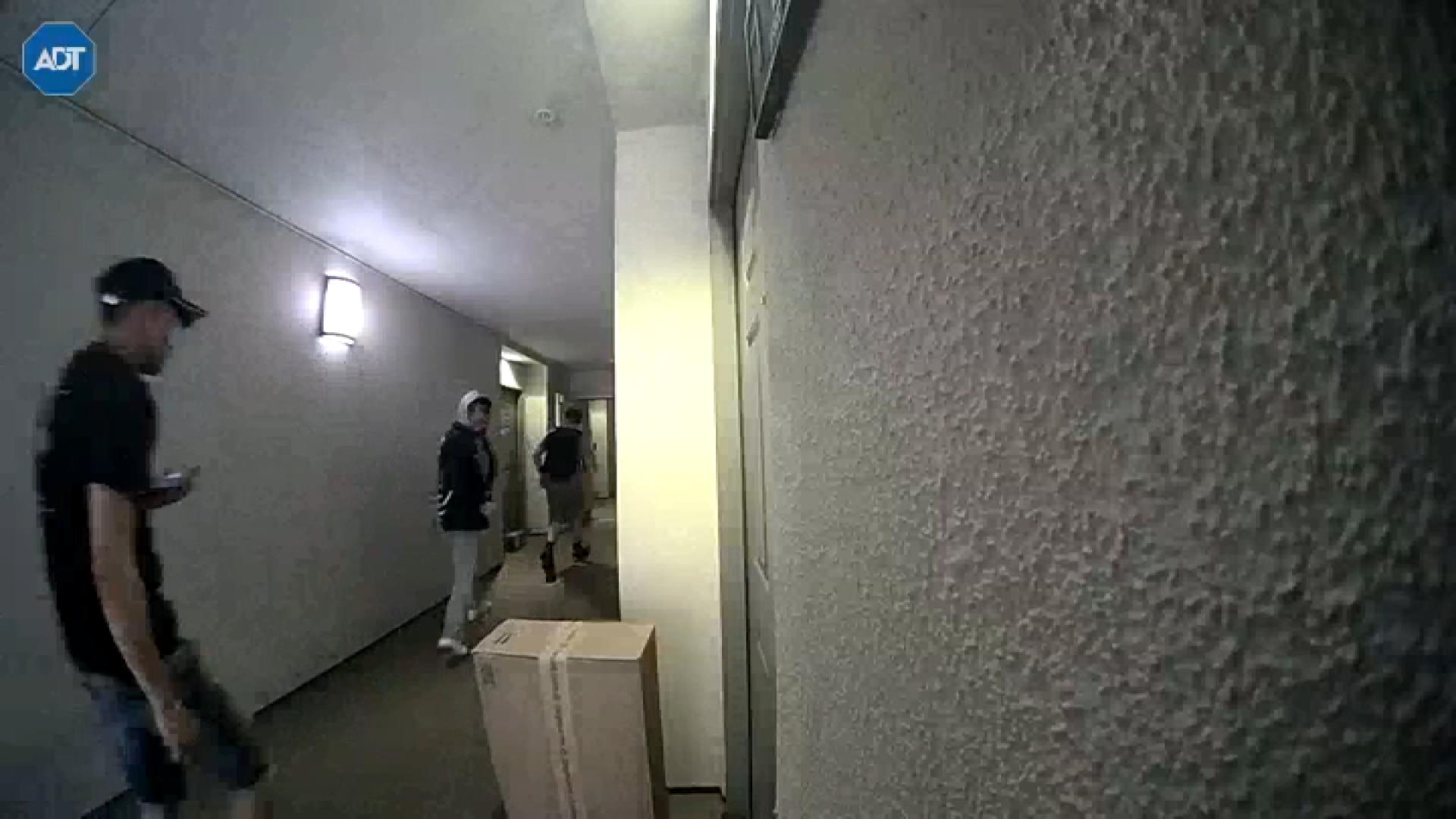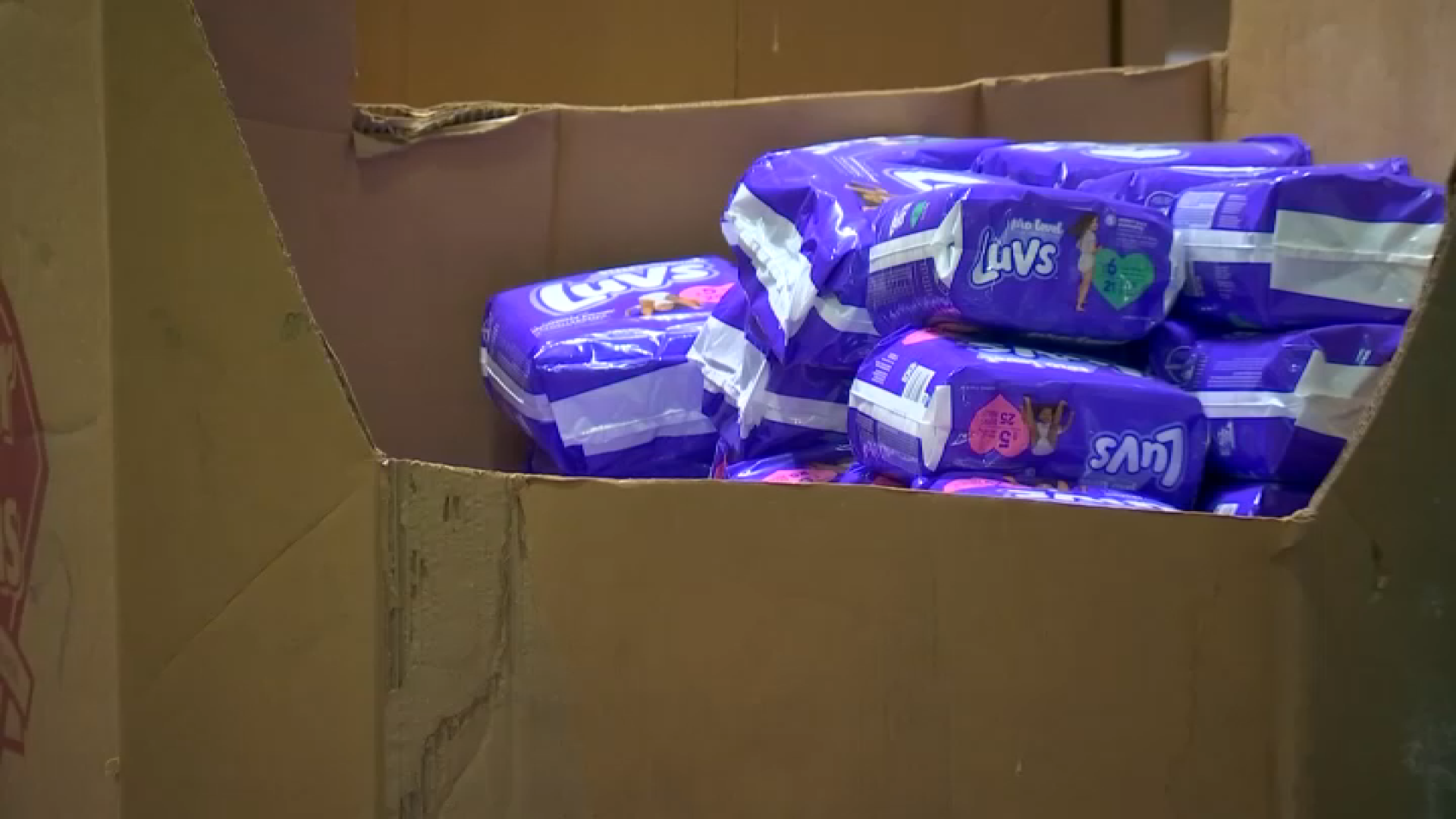Department 30 is by far the busiest courtroom at Los Angeles Superior Court, possibly in the state, with some 200 cases heard every single day.
The judge, Sergio Tapia, is living his life as an example to the very people who have to face him in court. He is the son of Mexican immigrants. He was born in Hawthorne and grew up in Bell Gardens.
"Some of the things going on today with respect to issues people have with immigrants, you know, I lived through that," he says.
He and his younger sister, Beatriz, were the only two children in the home their parents still live in today.
"A lot of pride and satisfaction that we did something right," Tapia's mother says of her children.
His father puts it another way: "The light at the end of the tunnel."
The family was by no means poor, but what they may have lacked in money, they more than made up for in support for each other.
Local
Get Los Angeles's latest local news on crime, entertainment, weather, schools, COVID, cost of living and more. Here's your go-to source for today's LA news.
"This idea of going to a four-year university was just unfathomable," Tapia says.
But for the future judge, college was in the cards, and he made sure his little sister followed suit.
"My brother was like the pioneer in this family," says Beatriz Tapia, who is now a professor of Chicano studies at East Los Angeles College. "I think for both my brother and myself, we chose to work in areas we felt some connection to."
Now, Tapia is connecting his life's work with future generations from his own alma mater. The Los Angeles Court system's Teen Court program is in 50 local high schools. Tapia oversees the one for Bell Gardens.
"He impacts us to not give up with our future, especially him being a Latino as well," student Alberto Martinez says.
Some 40 students take part, including real juvenile suspects who have broken the law and whose punishment will be decided by a jury of their peers.
Tapia says he sees himself in their eyes.
"I know what it's like to be them," he says.
And they see it, too.
"I want to be a judge. He's a great role model," student Jocelyn Sandoval says.
Tapia's next goal is changing the judicial landscape in California, where only 10 percent of the state's judges are Latino. That fraction, he says, doesn't properly reflect the communities judges serve.
"In order for our society to respect the rule of law, and I'm a firm believer in the rule of law, I think our courts need to reflect the community," Tapia says.
While Tapia was a public defender, he noticed the disparity on the bench. And when he didn't see enough Latino judges get appointed, he decided to file the paperwork himself.
"How can I sit there and advocate for people ... if I'm not willing to do it myself?" he says.
In December 2013, Gov. Jerry Brown appointed Tapia to the Superior Court, a move Tapia says he hopes the community that stands before him will notice.
"I like to believe that they feel some comfort in seeing somebody who looks like them, who can pronounce their name," Tapia says.
It's an accomplishment not only for the judge, but for his immigrant parents, too.
"Never in our mind did I think we would be this successful as parents," Tapia's father says.



